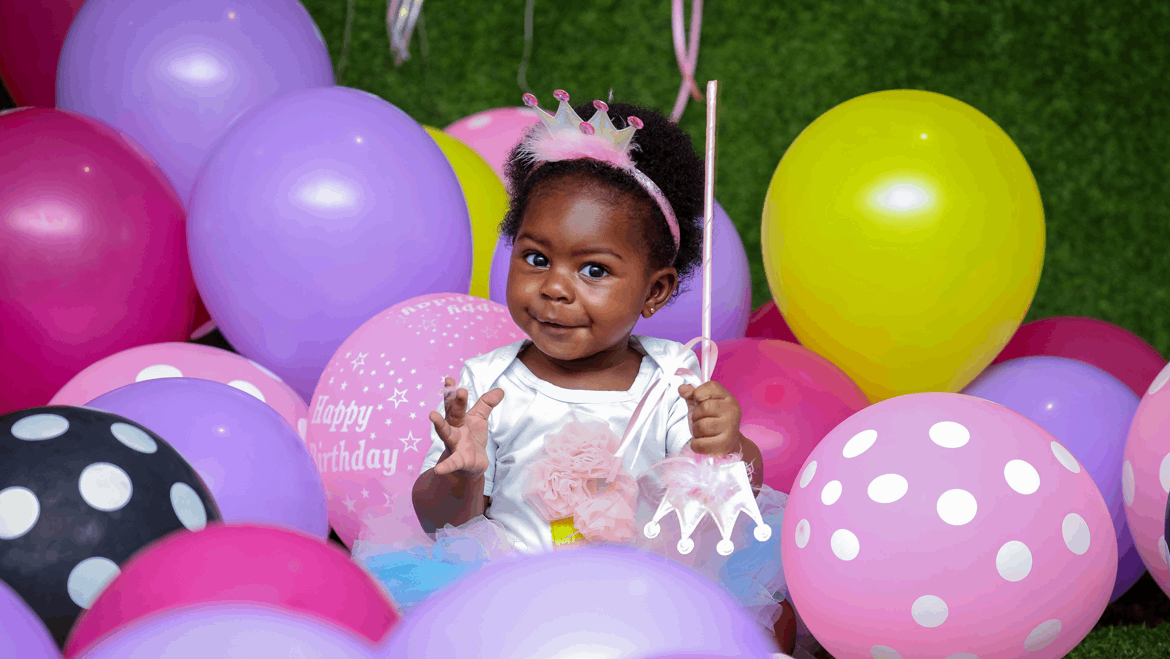The idea that children should learn to socialize early is supported by a wealth of developmental psychology research and educational theories. Early socialization plays a critical role in a child’s overall development, influencing cognitive, emotional, and behavioral growth. Here are several reasons why early socialization is beneficial:
Cognitive Development
Interacting with peers helps children develop essential cognitive skills. Through social play, children learn problem-solving, negotiation, and critical thinking. Activities such as group games and collaborative projects encourage children to think creatively and develop their reasoning abilities.
Emotional Growth
Early social experiences contribute to emotional development by helping children understand and manage their own emotions. They learn empathy, self-regulation, and how to cope with frustration. These skills are crucial for building resilience and emotional intelligence.
Communication Skills
Socialization encourages language development and communication skills. By interacting with peers and adults, children expand their vocabulary, learn new concepts, and practice effective communication. These skills are foundational for academic success and future interpersonal relationships.
Behavioral Skills
Through early social interactions, children learn appropriate social behaviors and norms. They understand the importance of sharing, taking turns, and cooperating with others. These experiences teach children how to function within a community and adhere to social expectations.
Building Relationships
Early socialization helps children form meaningful relationships outside of their family. Friendships provide a sense of belonging and support, which is vital for mental health. Positive early social experiences can lead to better social adjustment and relationship-building skills in adulthood.
Reducing Anxiety
Exposure to social settings early on can reduce social anxiety and shyness. Children who are regularly placed in social situations are likely to become more comfortable and confident in interacting with others. This can lead to a smoother transition into school and other structured environments.
Practical Ways to Encourage Early Socialization
- Play dates and Group Activities: Organize regular play dates and involve children in group activities such as sports, dance classes, or art projects.
- Preschool Enrollment: Enrolling children in preschool provides a structured environment where they can interact with peers and learn social norms.
- Family Gatherings: Regular family gatherings or community events can provide safe and familiar settings for children to practice social skills.
- Modeling Behavior: Parents and caregivers can model positive social interactions and guide children in understanding social cues and responses.
Conclusion
Early socialization is a cornerstone of child development, providing numerous benefits that extend into later life stages. By fostering social skills from a young age, parents and educators can help children build a strong foundation for personal, academic, and professional success.

